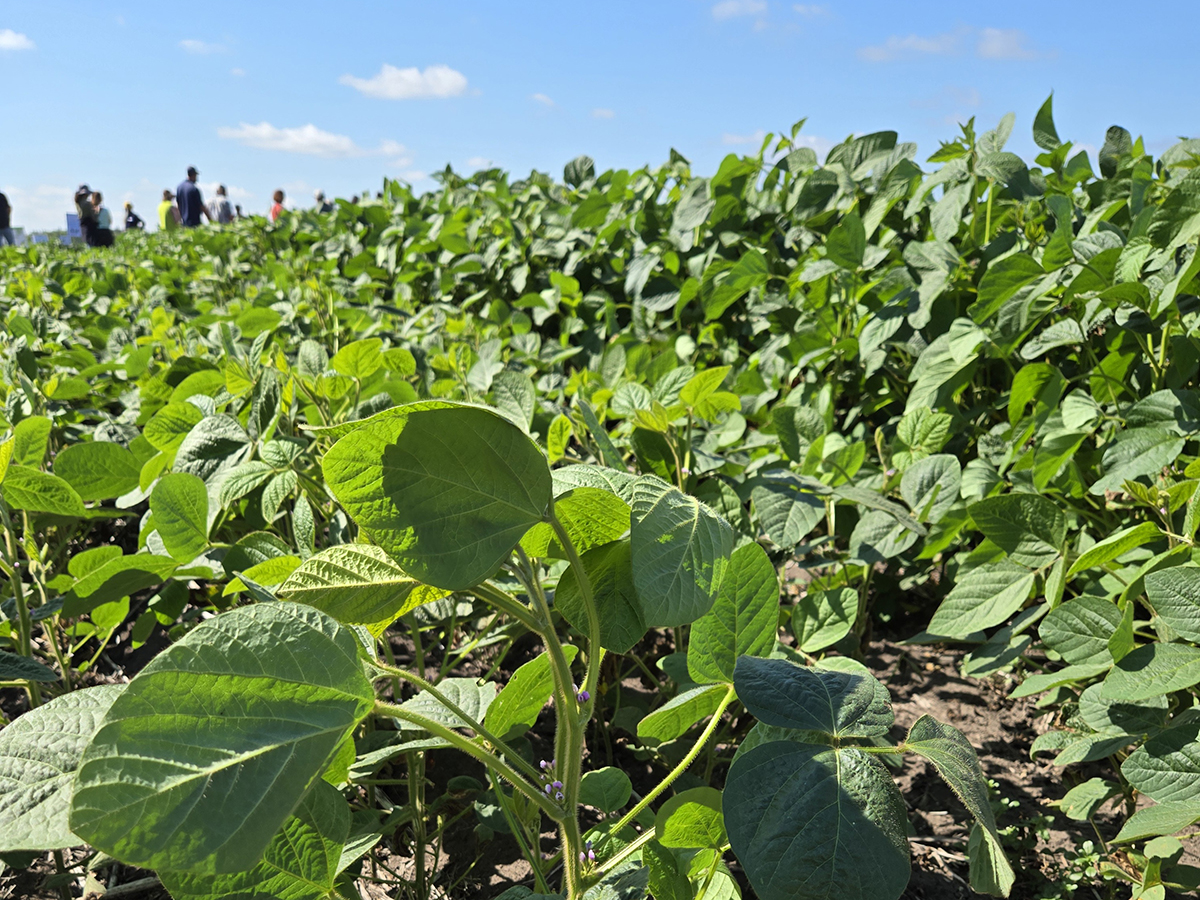Although it officially is called a development round, the current World Trade Organization negotiations are likely to produce no significant gains for the most needy developing countries, according to a study published by a Canadian international governance centre.
It is largely because two of the more developed developing countries, Brazil and India, have been added to the inner circle of countries forging a WTO deal and they have been promoting a deal that will benefit competitive economies like theirs.
“It is likely that whatever deal emerges will result in meager gains and an uneven impact across the global south,” said University of Waterloo professor Jennifer Clapp in a study published by the Waterloo-based Centre for International Governance Innovation.
Read Also

Spider mites big soybean problem this season
Spider mite issues have been geographically limited but significant where they occur, said John Gavloski, an entomologist with Manitoba Agriculture.
“It is ironic that the shifts in the negotiation process to include more developing country representatives may weaken solidarity in the global south coalition on agricultural trade issues.”
A major change in this round of World Trade Organization negotiations has been creation of a five-nation inner circle of WTO members (the Five Interested Parties) meant to represent the major trading nations or blocks – the United States, the European Union, Australia to represent the Cairns group of exporters, and Brazil and India to represent developing country interests.
Clapp argued that inclusion of India and Brazil in the FIP inner circle illustrates the increased impact developing issues are having.
However, it also introduced strains into the developing world coalition. “Bringing India and Brazil into the elite group of negotiating countries only sparked new complaints about lack of transparency and inclusiveness on the part of other developing countries,” she wrote.
The emerging bargaining points also increasingly reflect the interests of those emerging trading nations, she reported.
Clapp said recent estimates based on models of possible WTO outcomes have reduced the expected trade benefits for developing countries from early predictions of $500 billion US to $16 billion.
“Moreover, the new estimates indicate that about half the gains for developing countries resulting from the round will go to just a handful of countries, including most importantly Brazil, India, China and Mexico,” she wrote.
A key unknown is whether developing nations would hold their noses and sign a deal that produces few benefits or will they walk away from the talks, said the report.
“In either case, it appears now that any developing country gains will be marginal at best and while the groups have thus far maintained a significant degree of cohesion, there remains a risk that the varying interests amongst different groupings of these countries could break that cohesion when the final deals are brokered.”














